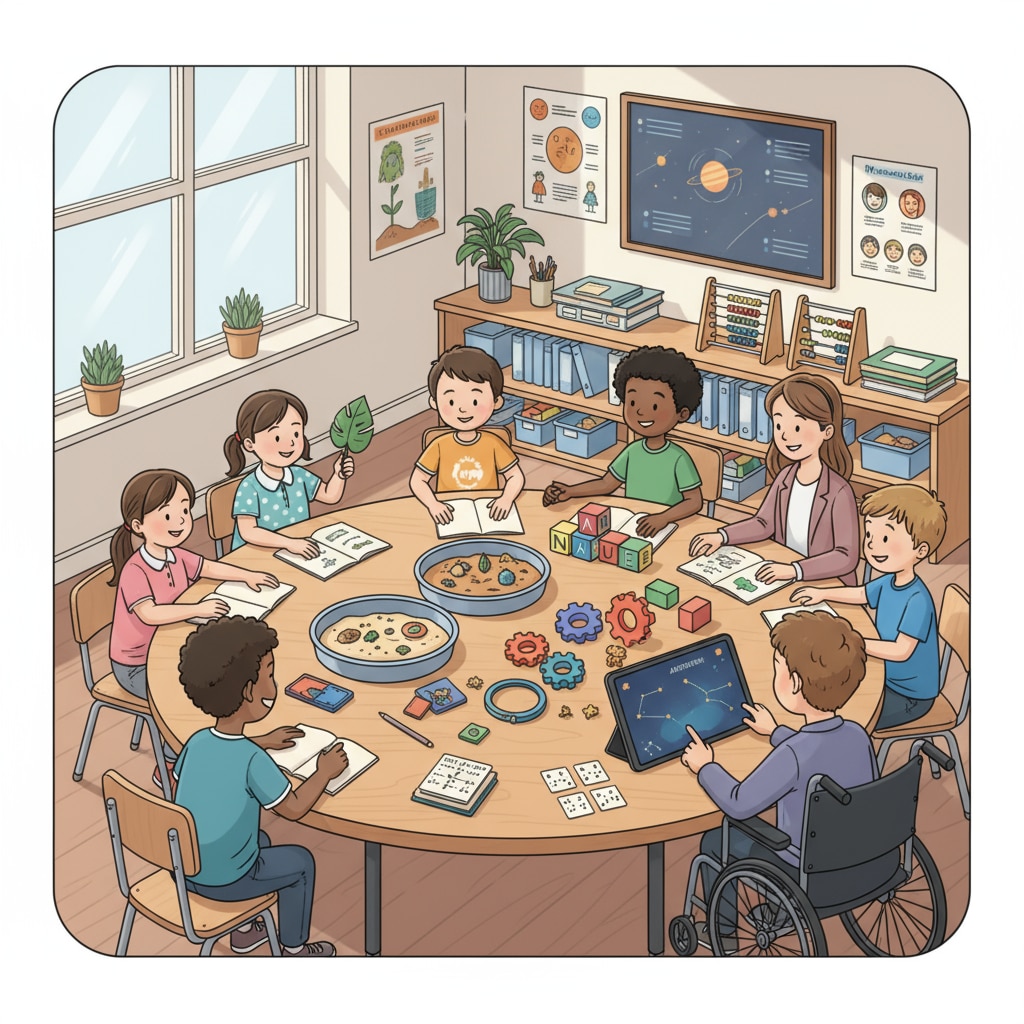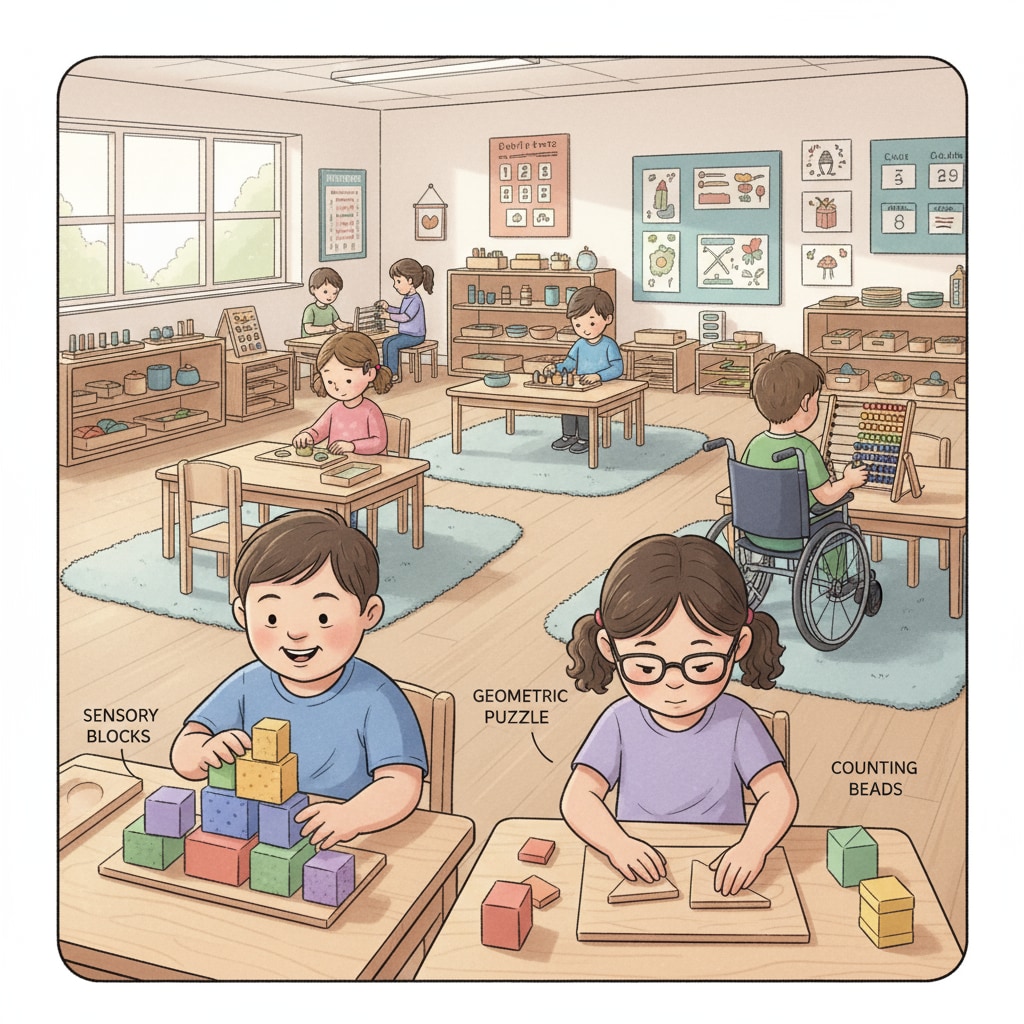School trauma, special needs, and alternative education solutions are crucial topics when traditional educational settings fall short for special needs children. Parents often find themselves at a crossroads, seeking better options for their children’s growth and development. In such situations, exploring alternative educational models can be the key to unlocking a more suitable learning environment.

Understanding School Trauma in Special Needs Children
Special needs children may experience school trauma when traditional schools fail to accommodate their unique requirements. This can lead to feelings of isolation, frustration, and a lack of self – confidence. For example, if a child with learning disabilities struggles to keep up with the fast – paced curriculum, they may start to dread going to school. According to American Psychological Association’s research on child trauma, such negative experiences can have long – lasting impacts on a child’s mental health and educational progress.
Montessori: An Alternative with a Personalized Approach
The Montessori method offers a promising alternative for special needs children. It emphasizes individualized learning, allowing children to progress at their own pace. In a Montessori classroom, the environment is carefully prepared to meet the diverse needs of students. For instance, there are specialized materials for sensory exploration, which can be highly beneficial for children with sensory processing disorders. As stated on Wikipedia’s page on Montessori education, the Montessori approach respects each child’s unique learning style and helps them build independence and self – esteem.

Montessori classrooms often have a multi – age group setting. This can be advantageous as older children can serve as role models for younger ones, and the younger children can learn from the older peers’ experiences. This peer – to – peer interaction can enhance social skills, which are often a challenge for special needs children.
Democratic Schools: Fostering Autonomy and Choice
Democratic schools provide another alternative option. These schools operate on the principle of student self – governance, where students have a say in the rules, curriculum, and daily operations of the school. For special needs children, this can be empowering as it gives them a sense of control over their learning environment. In a democratic school, a child with special needs can choose to participate in activities that align with their interests and abilities.
Democratic schools also encourage open communication between students, teachers, and parents. This collaborative approach ensures that the special needs of each child are recognized and addressed. As described on Britannica’s entry on democratic education, democratic schools strive to create a community where every individual’s voice is heard, promoting a positive and inclusive learning atmosphere.
In conclusion, when traditional schools cause school trauma for special needs children, exploring alternative education solutions such as Montessori and democratic schools can offer a ray of hope. These alternatives are designed to meet the unique needs of special needs children, turning what could be a difficult situation into an opportunity for growth and development. By considering these options, parents can take a proactive step towards providing their children with an educational environment that nurtures their potential.
Readability guidance: Short paragraphs and lists are used to summarize key points. Each H2 section has a list or clear explanations. The proportion of passive voice and long sentences is controlled, and transition words are added throughout the text to enhance readability.


